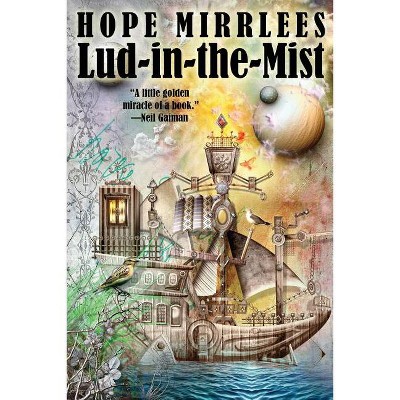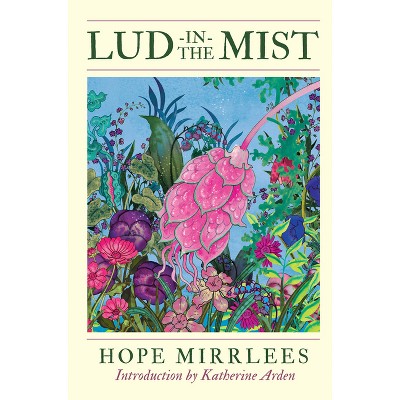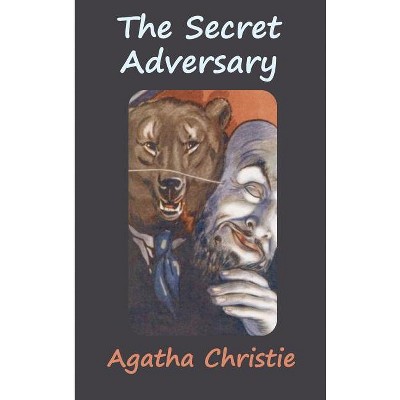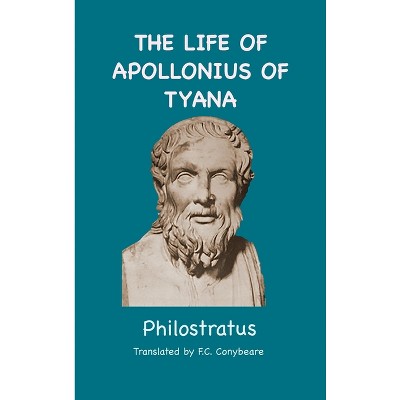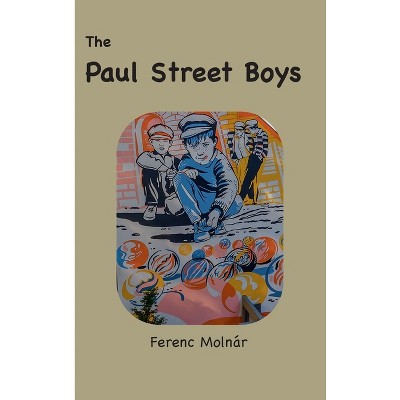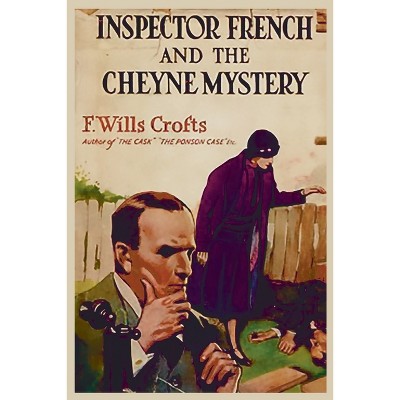Sponsored

Lud-in-the-Mist - by Hope Mirrlees (Hardcover)
In Stock
Sponsored
About this item
Highlights
- Lud-in-the-Mist begins with a quotation by Jane Harrison, with whom Mirrlees lived in London and Paris, and whose influence is also found in Madeleine and The Counterplot.
- Author(s): Hope Mirrlees
- 212 Pages
- Fiction + Literature Genres, Fantasy
Description
Book Synopsis
Lud-in-the-Mist begins with a quotation by Jane Harrison, with whom Mirrlees lived in London and Paris, and whose influence is also found in Madeleine and The Counterplot. The book is dedicated to the memory of Mirrlees's father.
Lud-in-the-Mist's unconventional elements, responsible for its appeal to the fantasy readership, are understood better if they are analyzed in the context of her whole oeuvre. In this novel, the prosaic and law-abiding inhabitants of Lud-in-the-Mist, a city located at the confluence of the rivers Dapple and Dawl, in the fictional state of Dorimare, must contend with the influx of fairy fruit and the effect of the fantastic inhabitants of the bordering land of Faerie, whose presence and very existence they had sought to banish from their rational lives. When the denial proves futile, their mayor, the respectable Nathaniel Chanticleer, finds himself involved reluctantly with the conflict and obliged to change his conventional personal life and disregard the traditions of Lud-in-the-Mist to find a reconciliation.
Hope Mirrlees was a British poet, novelist, and translator. She is best known for the 1926 Lud-in-the-Mist, a fantasy novel and influential classic, and for Paris: A Poem (1920), an experimental poem published by Virginia and Leonard Woolf's Hogarth Press, which critic Julia Briggs deemed "modernism's lost masterpiece, a work of extraordinary energy and intensity, scope and ambition."
Review Quotes
In a 1946 discussion of fantastic literature, Edward Wagenknecht referred to "Hope Mirrlees' unappreciated masterpiece Lud-in-the-Mist".
David Langford and Mike Ashley describe Lud-in-the-Mist as "a moving book, shifting unpredictably from drollery to menace to a high poignancy that sticks in the mind".
Neil Gaiman described Lud as "one of the finest [fantasy novels] in the English language.... It is a little golden miracle of a book." He described Mirrlees's writing as "elegant, supple, effective and haunting: the author demands a great deal from her readers, which she repays many times over." He says that it is one of his top ten favourite books.
Shipping details
Return details
Trending Literary Fiction






